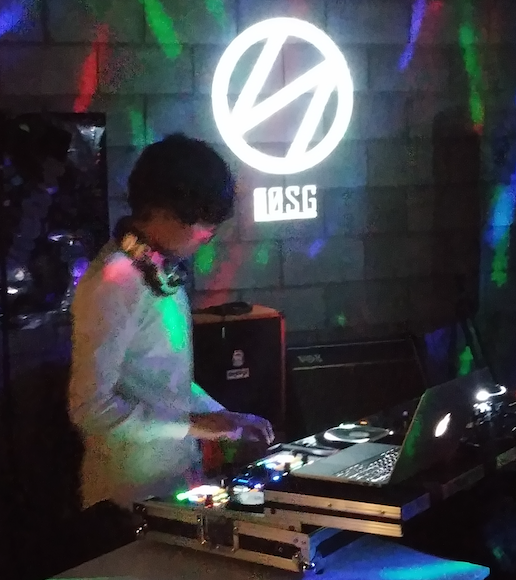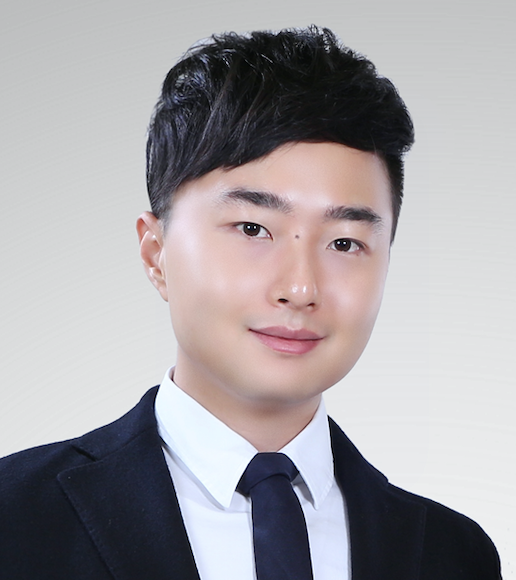|
|


|
|
I am a research scientist at NVIDIA. I work on deep generative models for sequences, with a particular focus on speech and audio. I received my Ph.D. from the Data Science & AI Lab (DSAIL) at Seoul National University. During my Ph.D., I served as a research intern at NVIDIA, under the advisement of Wei Ping and Boris Ginsburg. Prior to that, I completed internships at Microsoft Research Asia, where I was advised by Xu Tan, Tao Qin (speech), and Bin Shao (bioinformatics). I received my B.S. in Electrical and Computer Engineering from Seoul National University. |
|
|
|
My research interest spans a wide range of deep generative models (AR, flow, GAN, diffusion,
etc.) applied to sequential data. Specifically, I am working on building multi-modal large language models
with a focus on audio. |
|
|

|
Jan 2024 - Current In the Applied Deep Learning Research team, I am working on building multi-modal large language models with a focus on audio. Sep 2021 - Jan 2022 As a research intern, I worked on improving neural vocoders for high quality speech and audio synthesis, advised by Wei Ping and Boris Ginsburg. |

|
Feb 2023 - Jan 2024 I developed a framework for Text-to-Speech (TTS) research and development, optimized for deployment on edge devices. |

|
Dec 2020 - May 2021 I worked on diffusion-based generative models for speech synthesis, advised by Xu Tan, Chang Liu, Qi Meng, and Tao Qin. Dec 2018 - Feb 2019 I worked on the Antigen Map Project, where I applied sequence models to predict antigens from genetic sequences, advised by Bin Shao. |

|
Jul 2019 - Sep 2019 I worked on improving speech synthesis and voice conversion models, advised by Jaehyeon Kim and Jaekyong Bae. |
|
|

|
Electrical and Computer Engineering Sep 2016 - Feb 2023 Dissertation: Deep Generative Model for Waveform Synthesis Integrated M.S./Ph.D. Program. Advisor: Sungroh Yoon. Electrical and Computer Engineering / Applied Biology and Chemistry Mar 2010 - Aug 2016 Cum Laude |
|
During my time at DSAIL, I collaborated with Seoul National University Hospital on a computer-aided diagnosis project for liver cancer. The project yielded a high-performance medical object detection model to help reduce human errors from radiologists for the early detection of liver disease. |
|
|
|
|
 |
I am a PC hardware enthusiast, always eager to learn about computers in my free time.
As a hobbyist DJ, I enjoy house music. My mixes on YouTube |
|
Last update: Jan 2026. Template borrowed from here. |